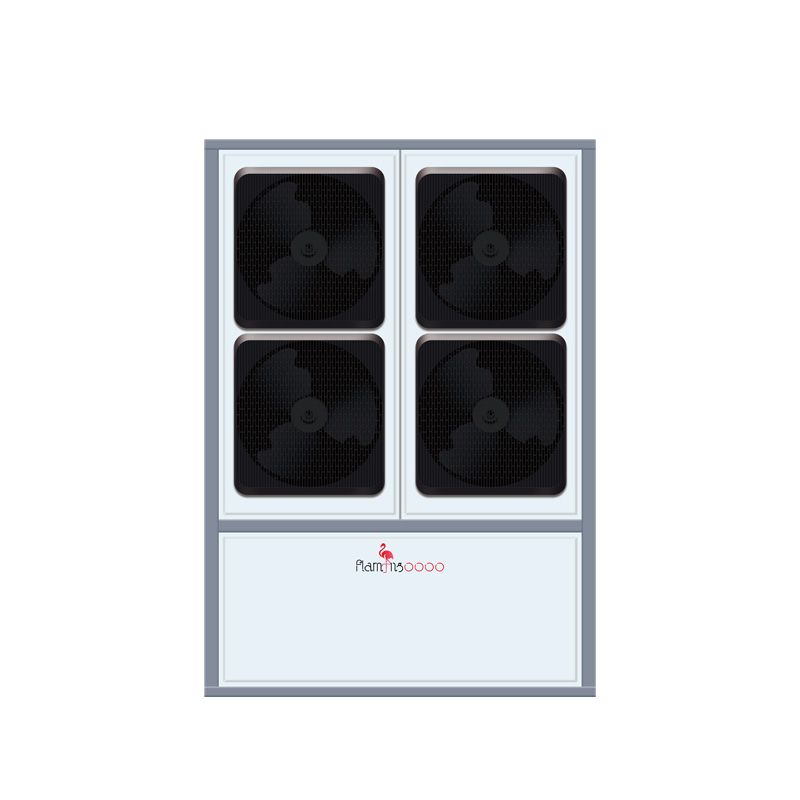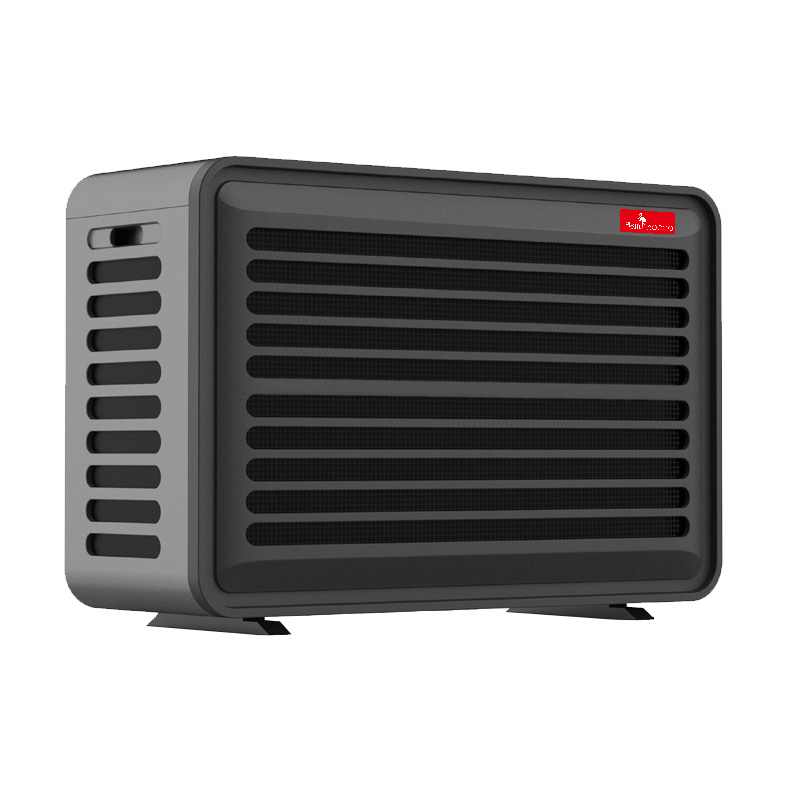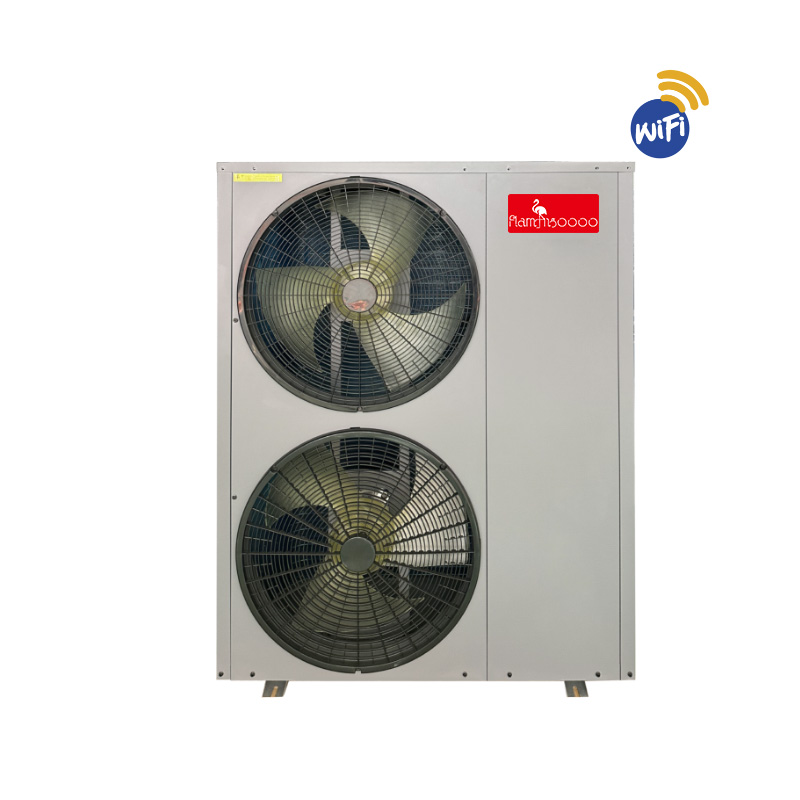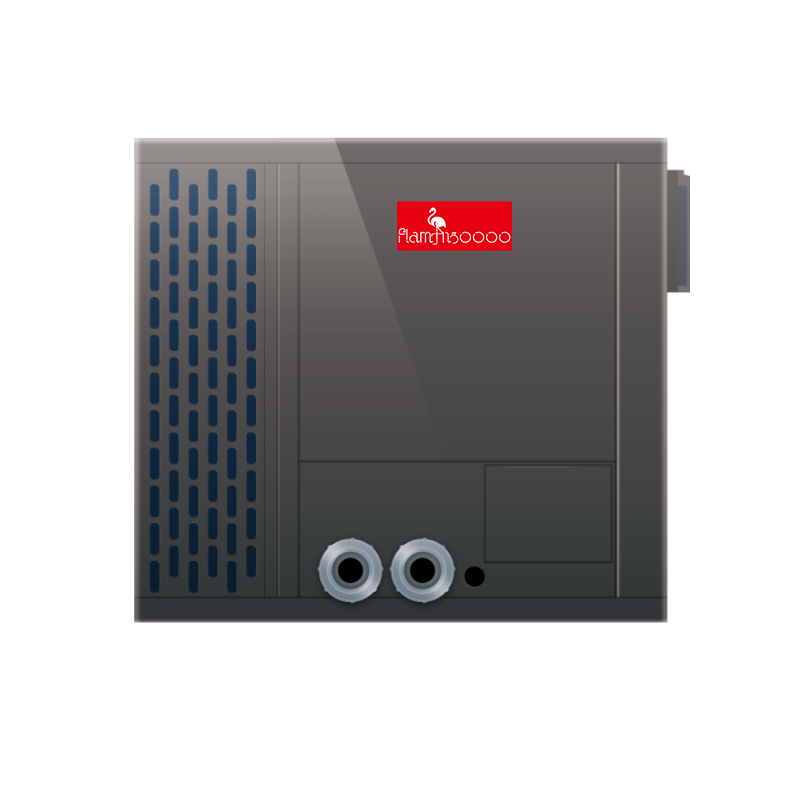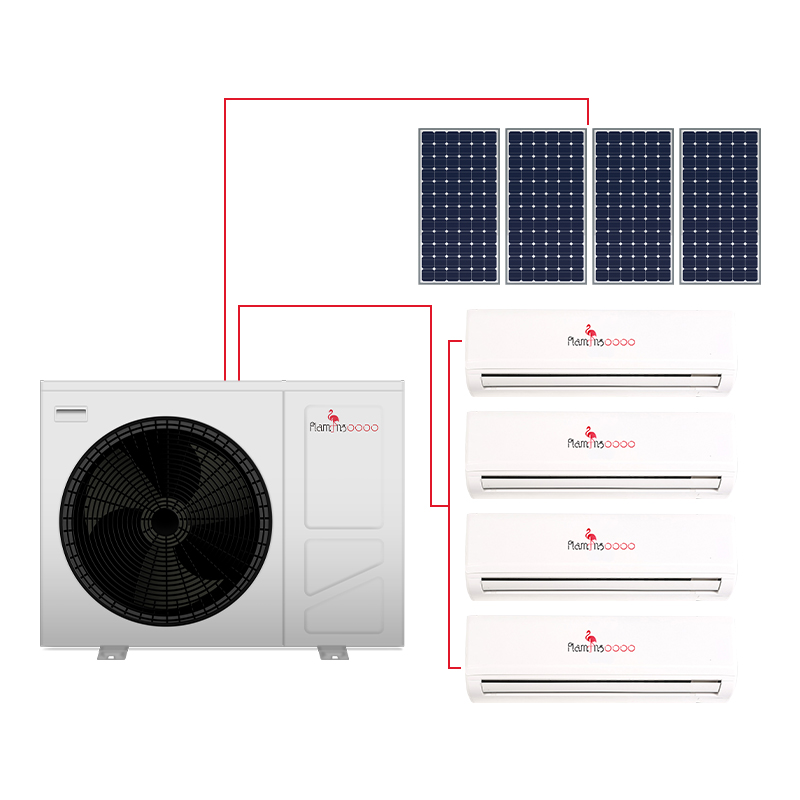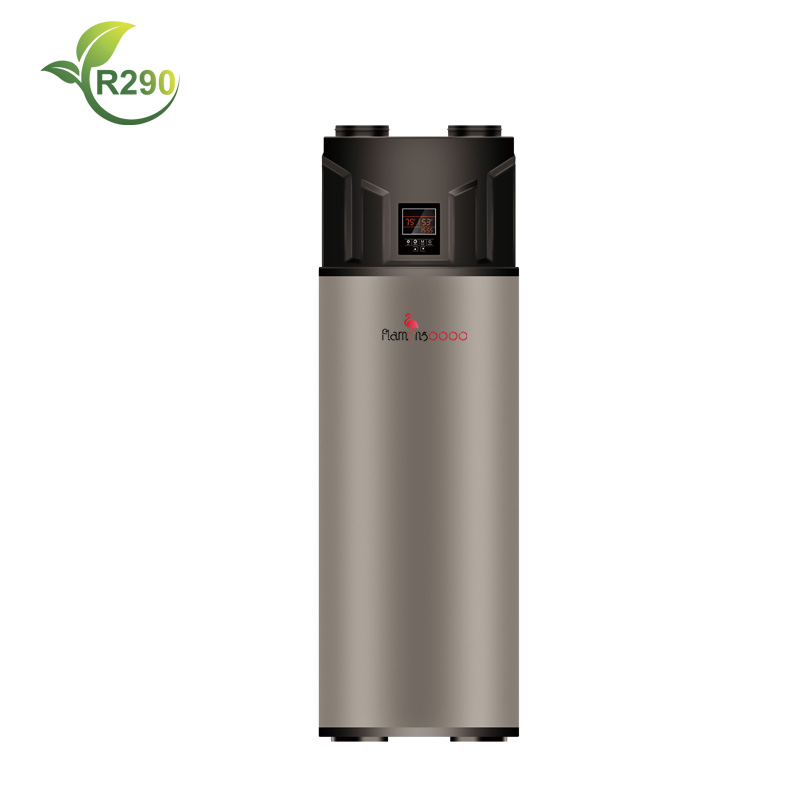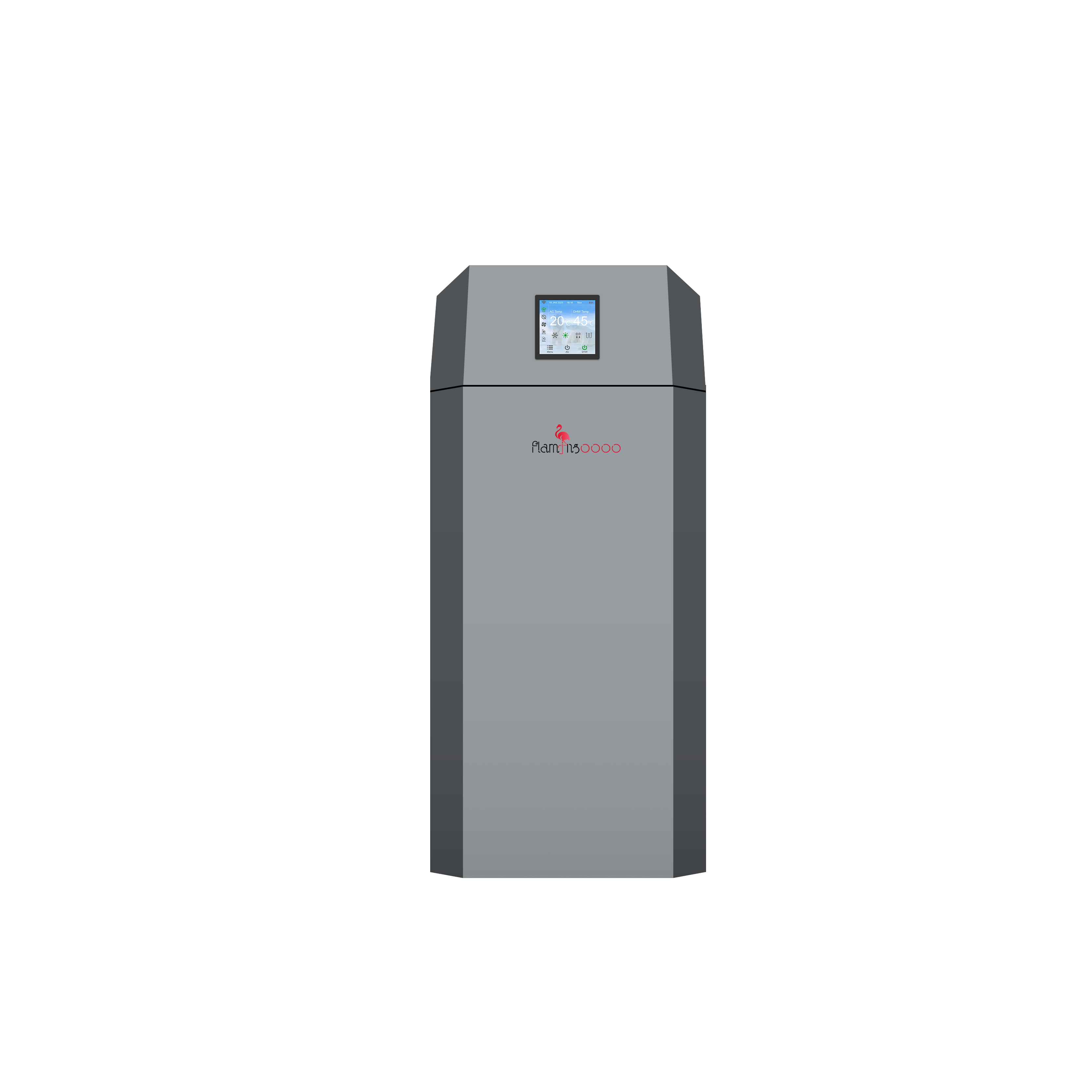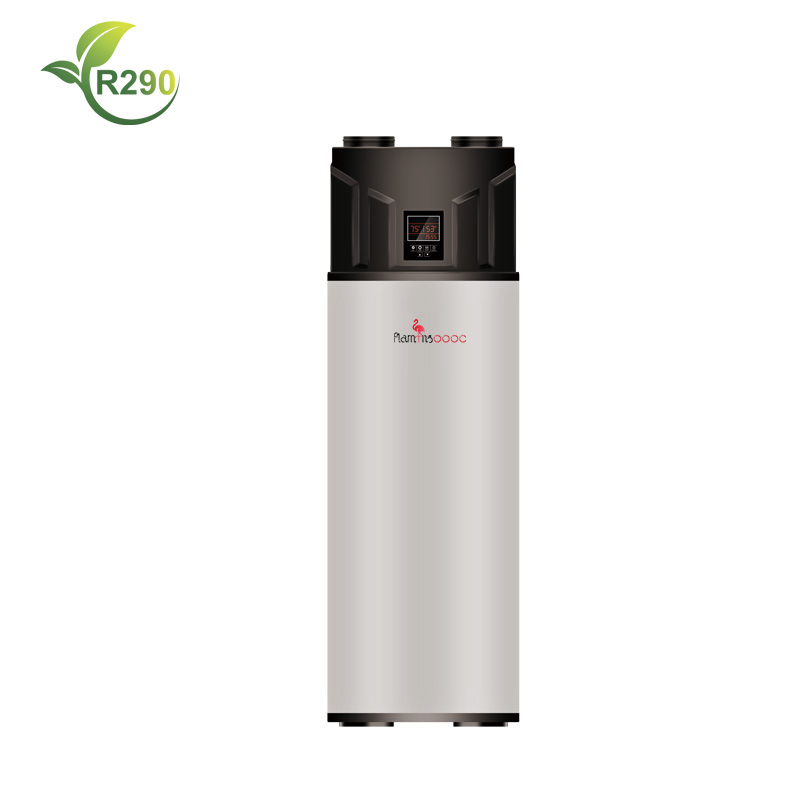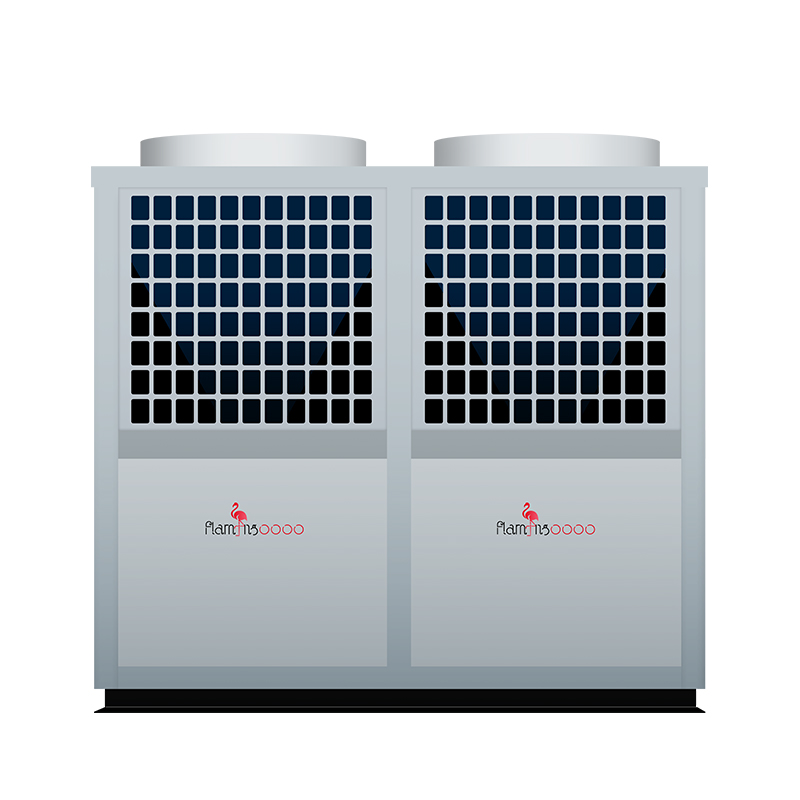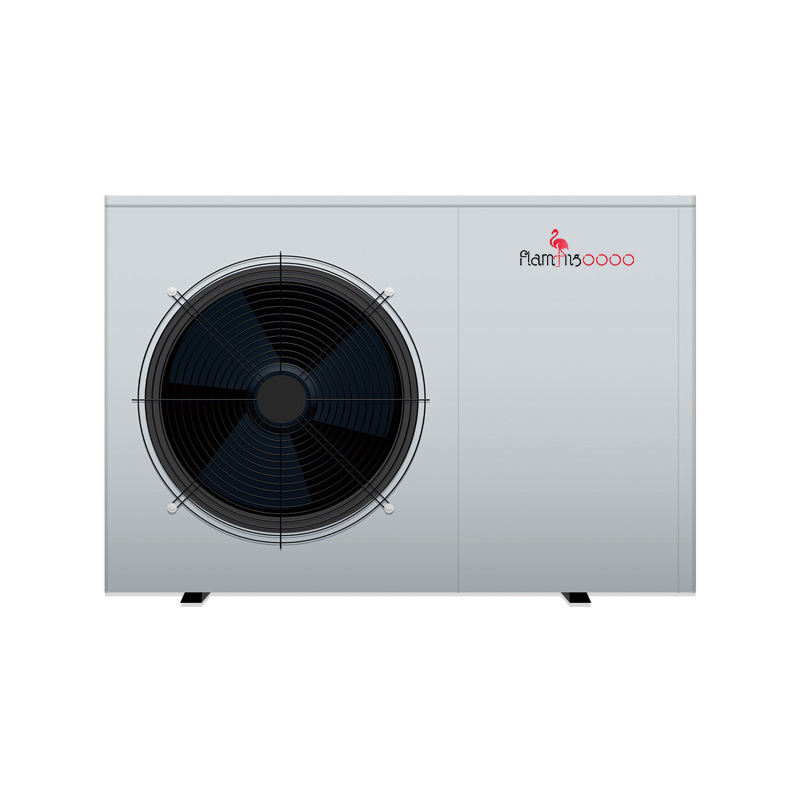Which Is Better for Your Home: Heat Pumps or Traditional Air Conditioners?
As homeowners strive to maintain comfortable indoor environments year-round, the choice between heating and cooling systems becomes critical. Two of the most popular options are heat pumps and traditional air conditioners. Both systems can cool your home during hot summers, but their differences in functionality, efficiency, and long-term value make the decision more complex. So, which is better for your home: a heat pump or a traditional air conditioner? In this comprehensive guide, we’ll compare these systems across key factors like energy efficiency, cost, environmental impact, and suitability for different climates, helping you make an informed choice for your home.
Understanding Heat Pumps and Traditional Air Conditioners
Before diving into the comparison, let’s clarify what each system does and how it works.
What Is a Traditional Air Conditioner?
Traditional air conditioners (ACs) are designed primarily for cooling. They work by removing heat and humidity from indoor air and releasing it outside. A typical AC system consists of an indoor unit (evaporator coil) and an outdoor unit (condenser), connected by refrigerant lines. The system uses a refrigeration cycle to cool air, which is then circulated through your home via ductwork or, in the case of window or portable units, directly into a room.
ACs are often paired with a separate heating system, such as a gas furnace or electric heater, to provide warmth in winter. This dual-system setup is common in many homes but can lead to higher energy consumption and maintenance costs.
What Is a Heat Pump?
A heat pump is a versatile system that provides both heating and cooling. Unlike traditional ACs, heat pumps can reverse their refrigeration cycle to move heat into or out of your home. In cooling mode, they function like an AC, extracting heat from indoors and releasing it outside. In heating mode, they extract heat from the outside air, ground, or water and transfer it indoors, even in cold temperatures.
There are several types of heat pumps, including:
Air-Source Heat Pumps: These extract heat from the outdoor air and are the most common type.
Ground-Source (Geothermal) Heat Pumps: These use the stable temperature of the ground or water for heat exchange.
Ductless Mini-Split Heat Pumps: These are ideal for homes without ductwork, offering zoned heating and cooling.
Heat pumps are a single-system solution for year-round comfort, eliminating the need for a separate heater in most cases.
Key Factors in the Comparison
To determine which system is better for your home, let’s compare heat pumps and traditional air conditioners across several critical factors.
1. Energy Efficiency
Energy efficiency is a top consideration for homeowners looking to reduce utility bills and environmental impact.
Heat Pumps: High Efficiency Year-Round
Heat pumps are renowned for their energy efficiency. They don’t generate heat; instead, they move it, which requires significantly less energy. This is measured by the Coefficient of Performance (COP) for heating and the Seasonal Energy Efficiency Ratio (SEER) for cooling. A high-efficiency heat pump can achieve a COP of 3–4, meaning it produces three to four units of heat for every unit of electricity consumed. In cooling mode, modern heat pumps often have SEER ratings of 15–22 or higher, rivaling or surpassing traditional ACs.
In cold climates, advancements like variable-speed compressors and low-temperature refrigerants allow heat pumps to maintain efficiency even at sub-zero temperatures. For example, a heat pump with a Heating Seasonal Performance Factor (HSPF) of 8–10 can significantly reduce winter heating costs compared to electric or gas furnaces.
Traditional Air Conditioners: Efficient Cooling, Limited Heating
Traditional ACs are efficient at cooling, with SEER ratings typically ranging from 13 to 20 for modern units. However, their efficiency is limited to cooling mode. When paired with a furnace or electric heater for winter heating, the overall energy consumption of the system increases. Electric resistance heaters have a COP of 1, meaning they use one unit of electricity to produce one unit of heat, making them far less efficient than heat pumps. Gas furnaces, while more efficient than electric heaters, still rely on burning fossil fuels, which can be less cost-effective in regions with high fuel prices.
Verdict: Heat pumps win for year-round efficiency, especially in homes requiring both heating and cooling. Traditional ACs are competitive for cooling but require a separate, less efficient heating system.
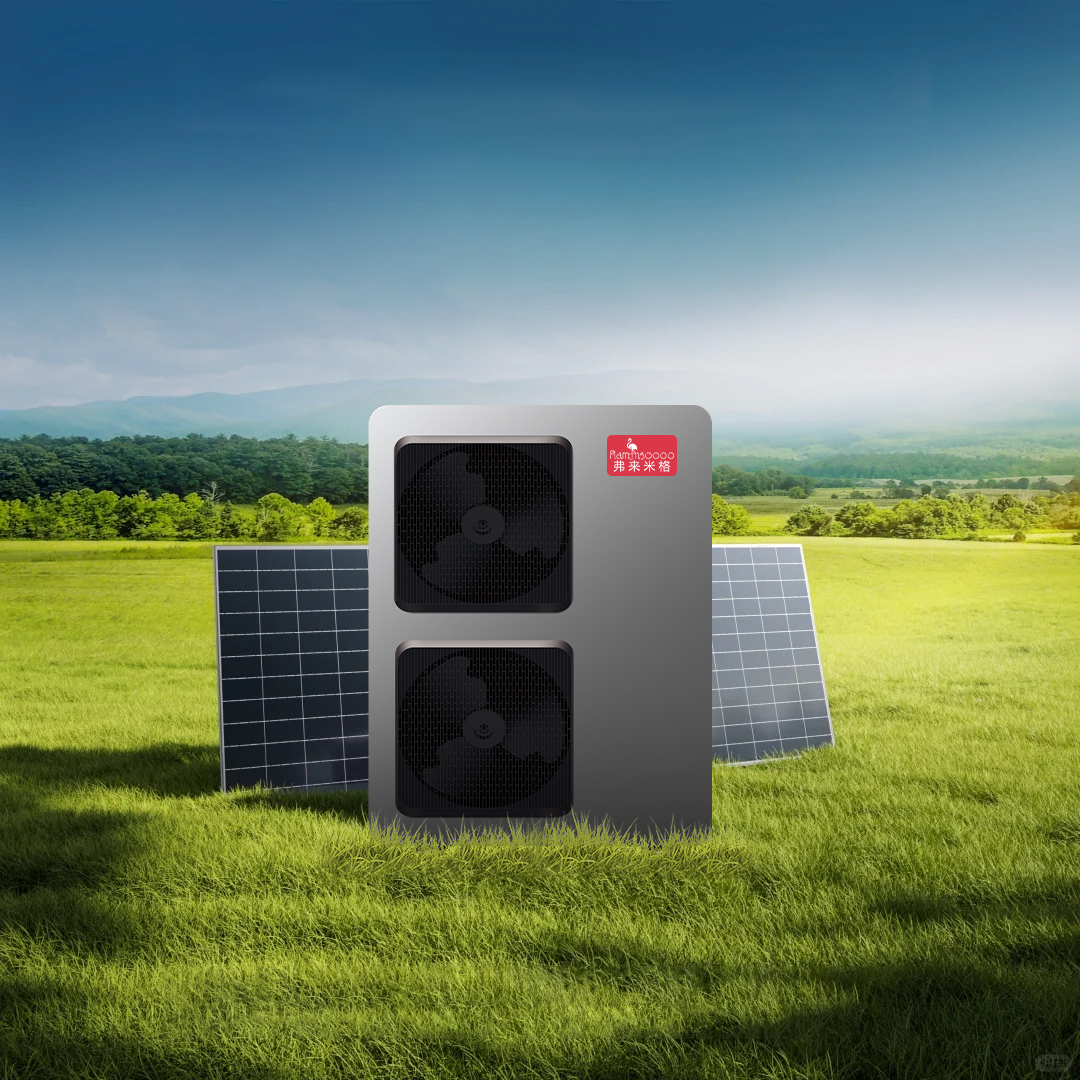
2. Cost Considerations
Cost is a major factor when choosing between a heat pump and a traditional AC. Let’s break it down into upfront costs, operating costs, and long-term savings.
Upfront Costs
Heat Pumps: The initial cost of a heat pump is typically higher than a traditional AC due to its dual functionality and advanced technology. An air-source heat pump installation can range from $4,000 to $8,000, while geothermal systems can cost $10,000 to $20,000 or more, depending on the system size and installation complexity. Ductless mini-split systems fall in the middle, typically costing $3,000 to $6,000 per zone.
Traditional ACs: A central air conditioner costs $3,000 to $6,000 to install, depending on the unit’s size and SEER rating. Window or portable AC units are cheaper, ranging from $200 to $1,000, but they’re less efficient and suitable only for small spaces. If a separate heating system is needed, add $2,000 to $7,000 for a furnace or electric heater.
Operating Costs
Heat Pumps: Because of their high efficiency, heat pumps generally have lower operating costs for both heating and cooling. For example, a heat pump with a SEER of 18 and an HSPF of 9 can save 30–50% on energy bills compared to a traditional AC paired with a furnace, according to the U.S. Department of Energy.
Traditional ACs: ACs have competitive cooling costs, especially high-SEER models. However, the cost of running a separate heating system in winter can significantly increase annual energy expenses, especially in colder climates.
Incentives and Rebates
Many regions offer incentives for installing energy-efficient systems like heat pumps. In the U.S., the Inflation Reduction Act provides tax credits of up to $2,000 for air-source heat pumps and $8,000 for geothermal systems. Similar programs exist in Canada, the EU, and other countries. Traditional ACs may qualify for smaller rebates, but incentives for furnaces are less common.
Long-Term Savings
While heat pumps have a higher upfront cost, their lower operating costs and longer lifespan (15–20 years for air-source, 20–25 years for geothermal) often result in greater savings over time. Traditional ACs last 10–15 years, and furnaces have a similar lifespan, but the combined cost of operating two systems can outweigh the savings from a lower initial investment.
Verdict: Heat pumps are more expensive upfront but offer significant long-term savings, especially with incentives. Traditional ACs are cheaper initially but may cost more to operate in climates requiring substantial heating.
3. Environmental Impact
With growing awareness of climate change, the environmental impact of home heating and cooling systems is a key consideration.
Heat Pumps: A Greener Choice
Heat pumps are environmentally friendly because they use electricity to move heat rather than burning fossil fuels. Their high efficiency reduces overall energy consumption, and as electrical grids increasingly incorporate renewable energy, heat pumps’ carbon footprint shrinks further. Geothermal heat pumps are particularly eco-friendly, as they leverage the earth’s stable temperature for maximum efficiency.
In contrast, traditional ACs paired with gas or oil furnaces contribute to greenhouse gas emissions. Even electric furnaces, which don’t burn fuel, rely on electricity that may come from fossil fuel-based grids, making them less sustainable in many regions.
Traditional ACs: Higher Emissions with Heating
While modern ACs are efficient at cooling, their environmental impact depends on the heating system they’re paired with. Gas furnaces produce direct emissions, and oil furnaces have an even higher carbon footprint. Electric resistance heaters, while emission-free at the point of use, can contribute to emissions if the grid relies heavily on coal or gas.
Verdict: Heat pumps are the clear winner for environmental sustainability, especially as renewable energy adoption grows.
4. Climate Suitability
The performance of heat pumps and traditional ACs varies by climate, making this a crucial factor in your decision.
Heat Pumps: Versatile but Climate-Dependent
Modern heat pumps are designed to operate efficiently in a wide range of climates. Air-source heat pumps can handle temperatures as low as -15°F (-26°C) thanks to advancements like inverter technology and low-temperature refrigerants. In moderate climates, they’re an ideal all-in-one solution. In extremely cold regions, a backup heating system (e.g., electric resistance coils) may be needed for the coldest days, slightly reducing efficiency.
Geothermal heat pumps are less affected by outdoor temperatures, making them suitable for any climate, but their high installation cost limits their accessibility. Ductless mini-splits are excellent for homes in mild to moderate climates or those without ductwork.
Traditional ACs: Cooling-Focused
Traditional ACs excel in hot climates where cooling is the primary need. They perform reliably in high temperatures and humidity, making them a popular choice in regions like the southern U.S. or Mediterranean countries. However, in colder climates, the need for a separate heating system adds complexity and cost.
Verdict: Heat pumps are more versatile for year-round use, especially in moderate to cold climates. Traditional ACs are better suited for hot climates with minimal heating needs.
5. Installation and Maintenance
The ease of installation and ongoing maintenance can influence your choice.
Installation
Heat Pumps: Air-source heat pumps are relatively straightforward to install, especially if your home has existing ductwork. Ductless mini-splits require minimal structural changes, making them ideal for retrofits or homes without ducts. Geothermal systems, however, require significant excavation or drilling, increasing installation time and cost.
Traditional ACs: Central ACs require ductwork, which can be costly to install in older homes. Window or portable units are easier to set up but less efficient and aesthetically pleasing. Pairing an AC with a furnace adds complexity to the installation process.
Maintenance
Heat Pumps: Heat pumps require regular maintenance, such as filter cleaning and annual professional checkups, to maintain efficiency. Because they operate year-round, they may experience more wear than seasonal ACs, but their maintenance needs are similar to those of central ACs.
Traditional ACs: ACs require similar maintenance, including filter changes and coil cleaning. However, a separate furnace adds additional maintenance tasks, such as burner inspections or chimney cleaning for gas or oil systems.
Verdict: Heat pumps are simpler to maintain as a single system, but installation complexity depends on the type. Traditional ACs may require more maintenance when paired with a furnace.
6. Comfort and Features
Both systems aim to keep your home comfortable, but they differ in features and functionality.
Heat Pumps: Year-Round Comfort
Heat pumps provide consistent heating and cooling, with some models offering zoned control (e.g., ductless mini-splits) to customize temperatures in different rooms. Advanced features like variable-speed compressors ensure precise temperature control and quieter operation. In heating mode, heat pumps deliver steady, even warmth without the temperature swings common with furnaces.
Traditional ACs: Cooling-Centric
ACs are excellent at cooling and dehumidifying, creating a comfortable indoor environment in hot weather. However, their performance in winter depends on the paired heating system, which may not provide the same level of consistency or control as a heat pump.
Verdict: Heat pumps offer superior year-round comfort and flexibility, especially with zoned systems. Traditional ACs are reliable for cooling but rely on a separate system for heating.
Tips for Choosing the Right System
To decide between a heat pump and a traditional AC, consider the following:
Assess Your Climate: If you live in a region with significant heating and cooling needs, a heat pump’s versatility is ideal. In hot climates with minimal heating requirements, a traditional AC may suffice.
Evaluate Your Budget: Factor in both upfront and operating costs. Heat pumps offer long-term savings, while ACs have a lower initial cost.
Check for Incentives: Research available rebates and tax credits to reduce installation costs, especially for heat pumps.
Consult a Professional: An HVAC contractor can perform a load calculation to ensure proper system sizing and recommend the best option for your home.
Consider Future Needs: If you plan to stay in your home long-term, a heat pump’s durability and efficiency make it a worthwhile investment.

